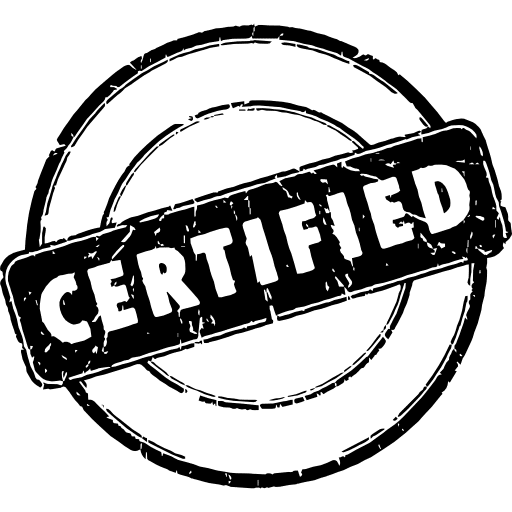To ensure that conductor helps in passing of power in a proper manner along with maintaining safety standards, it is important that there be an insulator that protects this transmission levels. The primary function of insulators is to support the conductors and ensure that operation of this power transmission is done in the best manner possible.
It is very important that every insulator that is used should have a strong mechanical strength to hold up to the power levels. It is on this quality of insulation that transmission is done in a proper manner and quality works is found irrespective of deterioration in temperature and other environmental factors.
Generally, these insulators are made of glass, compounds that are patented and porcelain products. With the help of these, the voltage level can be controlled during this transmission mode and glass is most suitable option in this case. The maximum level that it can go up to is 25kV, which controls points as telegraph and transportation system. Also, apart from glass, it is porcelain that is most prevalent while constructing insulators.
Classification of insulators:
- Strain variety
- Suspension type
- Pin variety
While dealing with suspension type insulators, it is to be ensured that voltage level remains above 66 kV. Similarly, in case of pin type insulators, they are generally made of either glass or porcelain and help in ensuring that voltage level remains controlled within 66kV to 90 kV.
Generally, for strain insulators, it can seem that being made of glass, they are suitable for controlling electric power that has a range of 60 kV to 90 kV. Above that, it is suspension pin variety that is used. In case of these strain insulators, it has to be found that those dead-end towers either bend on the corners or in case of a straight line feature, there is a single string that is present and multiple strings can be further connected to them via a parallel mode.
Links of Previous Main Topic:-
- Current Electricity Basic Concepts
- Introduction to Alternating Current
- Introduction Three Phase A C Circuits
- Magnetic Field
- General Aspects
- Elementary Theory of Ideal Transformer
- General Aspects Polyphase Induction Motors
- Single Phase Motors
- Characteristics of D C Generators
- Measuring Instruments
- Power Supply System
- Sources of Energy
Links of Next Electrical Engineering Topics:-






















